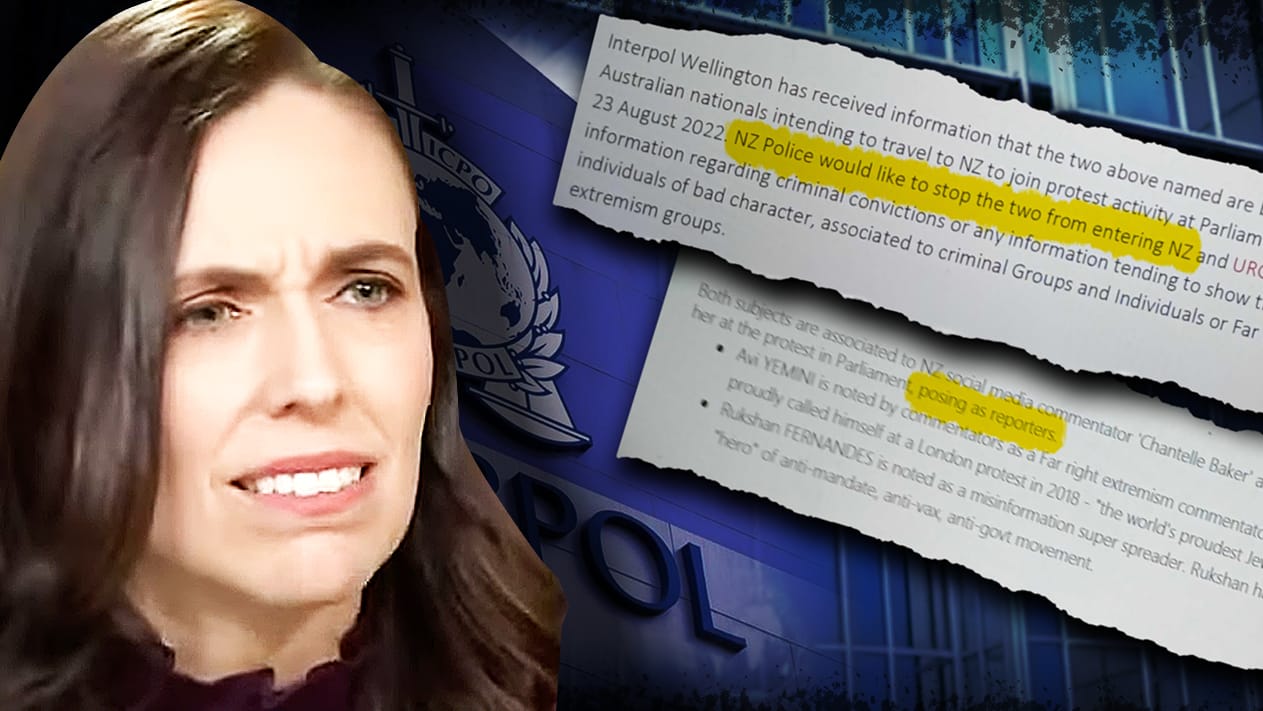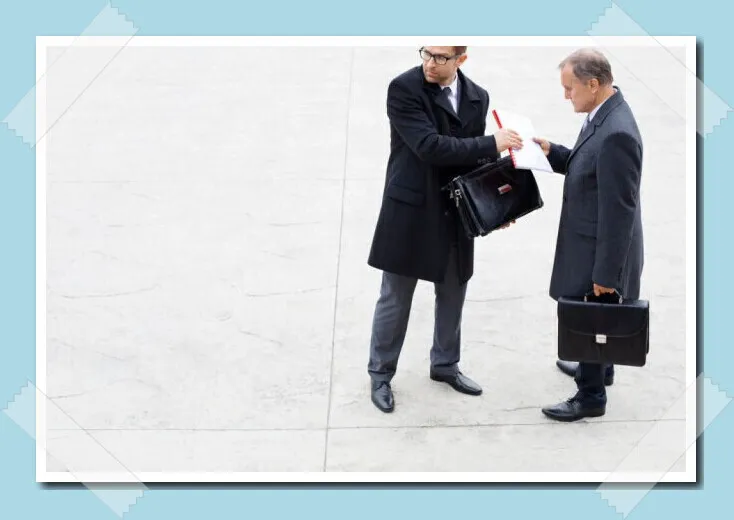Table of Contents
Growing up I was often fascinated by the role of whistleblowers and journalists holding institutions to account. What was fascinating was the idea of protection for those who leak private information. This focus on the privacy of the individual rather than the privacy of the information they are releasing to the public shows something about the relationship between the state and the individual.
It seems the right to privacy is something that is very arbitrary. Classical liberals would argue that the right to privacy belongs to the people only; however, that right is not granted to those in power and that is because their decisions affect society while personal choices ideally do not. This goes back to the libertarian idea of maximising personal freedom while maintaining the non-aggression principle.
This is why people were outraged by the revelations of the government’s surveillance programme to monitor our online activity but, partly because of the 4th estate’s idea of ‘speaking truth to power’, were willing to defend whistleblowers and journalists who were willing to reveal information about organisations. Representing this sentiment would be Julian Assange and Wikileaks, who were willing to publish confidential information about organisations but worked hard to protect the identities of their informants, which speaks to the idea of individual privacy and collective accountability.
As individuals, they themselves are the only people affected by their choices. However, collective decisions affect everyone, which means there is more accountability. This is simply personal responsibility translated into collective accountability.
I remember when the mainstream media defended whistleblowers and the journalists who helped them. Edward Snowden and Julian Assange are just two of the most famous examples. But I also remember when the mainstream media went out of their way to defend Nicky Hager and his source ‘Rawshark’ in his attack book ‘Dirty Politics’. I also remember the pious way that they treated the leaked script for the proposed film They Are Us which was an Americanised version of the March 15 attacks.
So why were they silent when a memo from Interpol was leaked showing that the New Zealand branch reached out to the Australian branch for any information they could use to keep Avi Yemeni out of New Zealand? At first, there were denials that the leaked information was genuine, but then the police announced that they were looking for whoever leaked the memo.

Previous leaks in New Zealand have suited the agenda of the government as they embarrassed the National Party. Should we be surprised? In their world, leaks that hurt their rivals are celebrated and sold as ‘holding the government to account’.
An idealist would perhaps point out that the left of 10 years ago were the classical liberals who focused on the individual.
The new left is one that focuses on the collective.
They look at things from a collective mindset and therefore would think about what is good for the collective. Therefore, any leaks that damage this group would be considered a threat while all other leaks that help the group are considered a ‘public service’. What this exposes is the double standards and hypocrisy of the political class, who are now panicking as for the first time ever they are being held accountable for their actions.









